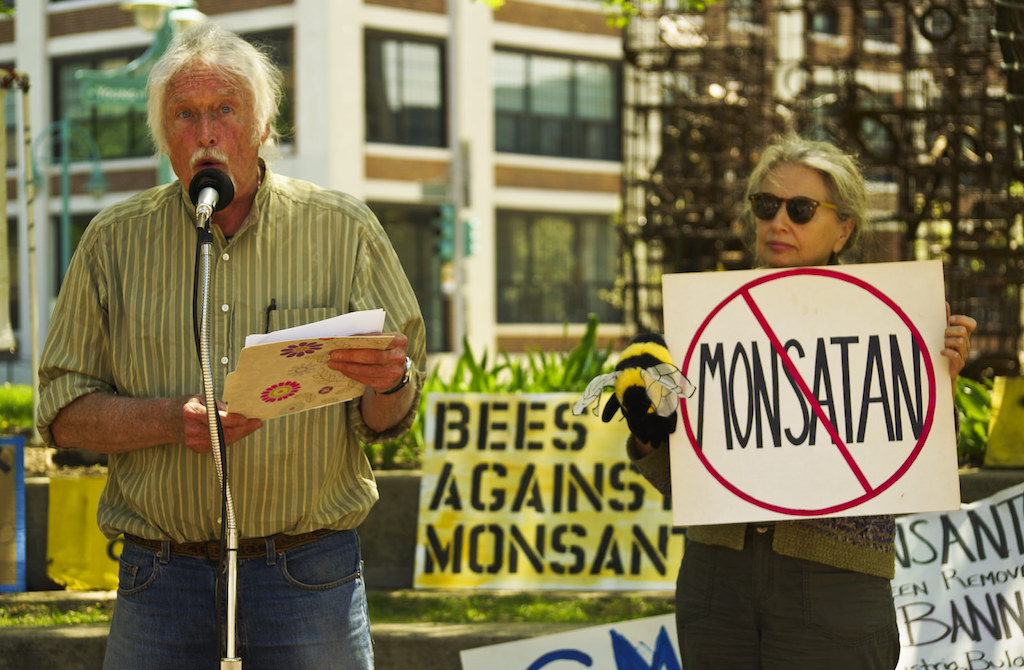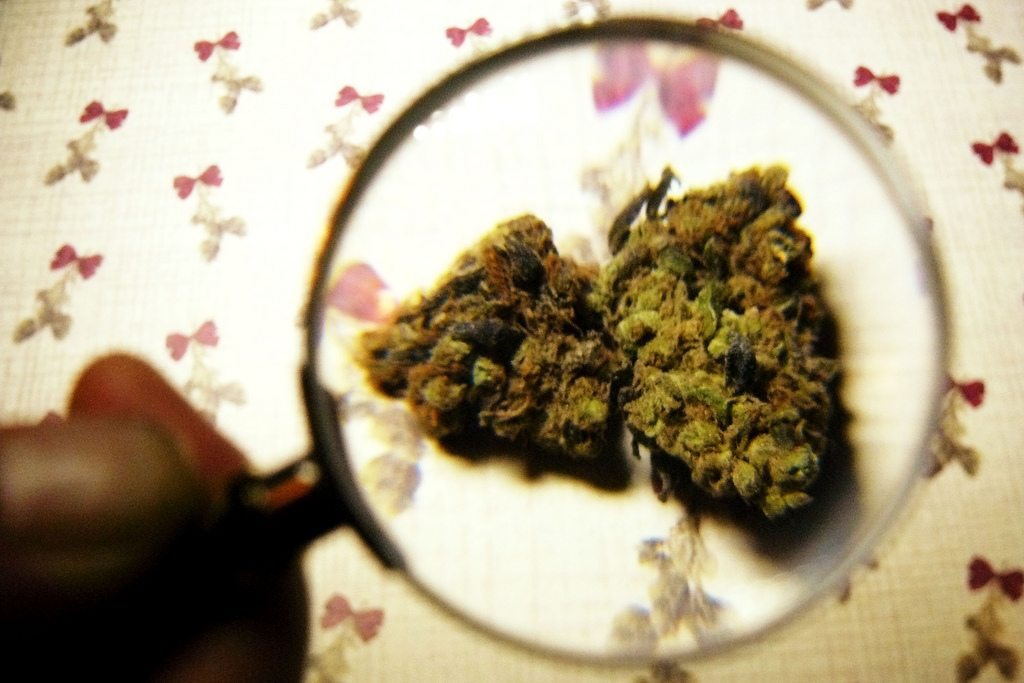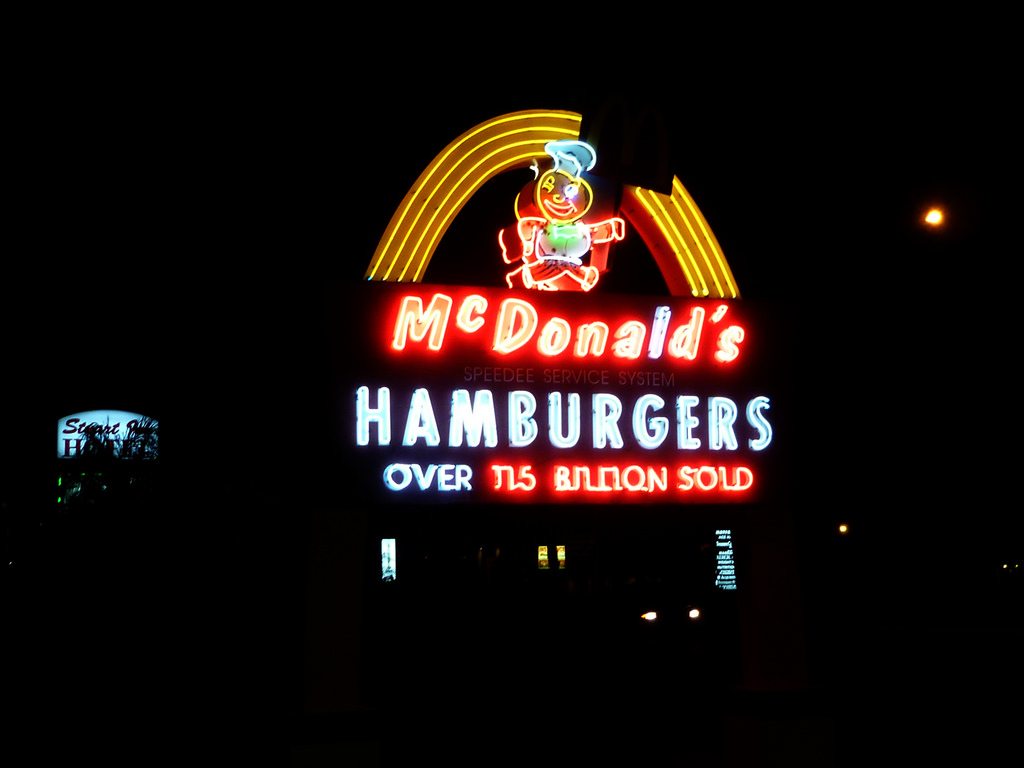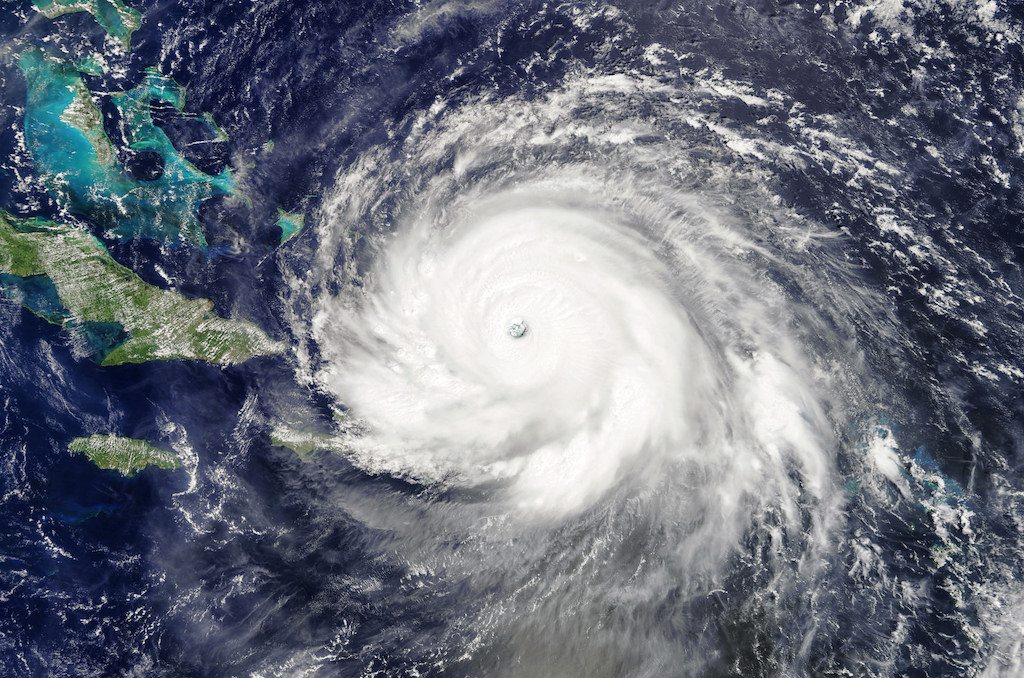Court of public “Opinion Tribunal.” In October of 2016, five judges convened in The Hague, Netherlands, to hear testimonies from as many as seven victims who alleged that US-based agroindustrial giant, Monsanto, has “developed a number of highly toxic products, which have permanently damaged the environment, and caused illness or death for thousands of people.”
In International Criminal Courtspeak that means that the judges were tasked with assessing whether or not Monsanto might be guilty of a crime that, for the moment, can only be committed symbolically: “ecocide.”
The treaty that permanently established the International Criminal Court (ICC) in 1998 is known as “The Rome Statute,” so named for the eponymous city in which the United Nations General Assembly convened and adopted it in a vote of 120 in favor and 7 against (with 21 abstentions).
The statute did two remarkable things: 1) established four core international crimes—genocide, crimes against humanity, war crimes, and crimes of aggression—and 2) freed states from the burden of investigating and prosecuting those crimes if they were “unable” or “unwilling” to do so. While individual states retained their status in national courts as the primary prosecutors of suspected war criminals, the ICC did begin to chip away at impunity by reinforcing international humanitarian law in “the most serious crimes of international concern.”
“Ecocide” is not currently included as one of the “core four” international crimes, though environmental activists have long campaigned for it to be formally accepted as the fifth. In 2010, British lawyer Polly Higgins submitted to the UN Law Commission a proposal urging the UN to do just that. Acceptance would have made it possible to bring criminal charges against corporations and their management for crimes against human health and environmental soundness. Her proposal fizzled.
Merriam-Webster defines “ecocide” as “the destruction of large areas of the natural environment as a consequence of human activity action.” Its appearance in NFE’s dictionary of choice is a pretty good sign the term has been accepted into the parlance of our time, but it has yet to be codified in our global criminal justice system. Higgins told The Guardian she proposed a more legal definition for the term: “The extensive destruction, damage to or loss of ecosystem(s) of a given territory, whether by human agency or by other causes, to such an extent that peaceful enjoyment by the inhabitants of that territory has been severely diminished.”
Which brings us back around to Monsanto. Or, more specifically, it brings us back to the ICC, which will then bring us back around to Monsanto. While the Tribunal said in a statement that its primary intention was to “evaluate the damages caused by this transnational company,” it also had to acknowledge that evaluation was going to be merely theoretical. In a letter sent to Hugh Grant, chairman and CEO of the Monsanto Company, by Françoise Tulkens, former vice president of the European Court of Human Rights and Dior Fall Sow, former Advocate General of the International Criminal Tribunal of Rwanda, the organizers wrote: “The result of an initiative of global civil society, the Tribunal is of course of symbolic value: it shall have no investigative powers; and its opinion is of a purely advisory nature.”
The Tribunal invited Monsanto to submit a written brief and be represented at the hearings. The company offered a lobby-calling-the-lobby-a-lobby kind of response to the Associated Press, saying the hearings were convened by “a select group of anti-agriculture technology and anti-Monsanto critics who played organizers, judge and jury.”
All of this call and response makes the Monsanto Tribunal’s stated secondary mission seem even more critical than simply issuing an opinion on whether or not the company has done irreparable harm to people and planet: “The Tribunal will highlight the need to change international law so that victims of transnational companies have a means to legal redress.”
There, someone finally said it: “Wouldn’t it also be great if we could also actually do something?”
On Tuesday, the judges delivered their advisory opinion, saying, in part, that Monsanto’s practices had negatively impacted the right to a healthy environment, food, water, and sanitation. You can watch the two-hour public presentation here.
It’s worth pausing for a moment to consider what the world would be like if the UN did agree that ecocide was among the “most serious crimes of concern to the international community as a whole,” and for which—to employ a UN-esque term—“individual and state actors” could be held criminally accountable.
That’s a scenario that seems a good ways down the road, shrouded in a haze of unreported CAFO emissions—one in which agribusiness CEOs would have to claim their places next to the world’s cruelest perpetrators of violence against our fellow human beings. We may not be quite ready for all that.
Or, if the fairly lengthy list of Tribunal supporters is any indication, some of us may. Think of it this way: it only took several centuries’ worth of global conflict and its related suffering and loss to establish the ICC. We’ve got time on ecocide. Right?











